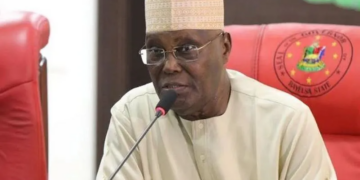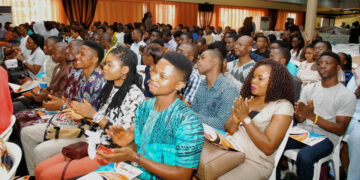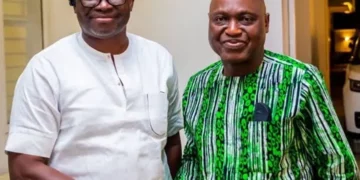International Water Management Institute (IWMI) has trained 50 victims of insurgency on how to report water scarcity to attract intervention from government and development agencies.
The programme, “Vulnerability to Changes in the Water Systems in Conflict-affected Communities” focuses on poor water systems and how the participants who are locals of the affected communities can tell their own stories through the media using photographs and videos.
Mr Adebayo Oke of IWMI, one of the organisations involved in the programme, said the workshop which took place in Yola, the Adamawa State capital, concentrated on how to build the capacity of people who feel the challenges of water scarcity and sanitation issues to speak for themselves using digital resources.
“We have been gathered here these past few days to train our people on communicating their own challenges by themselves,” Oke said, adding that conflict situations such as insurgency attacks and communal clashes may have reduced in Adamawa State, “but when it comes to access to water, there is still a lot of challenges.”
He said the training, captioned “Photo Voice Workshop”, was so called because the idea was to enable participants from conflict-affected areas to capture their real-time situations by themselves.
“The world needs to know what these people go through to get water and make it available at the household level,” he said.
A liaison officer of IWMI, Dr Ahmadu Tafida, said the workshop was part of the larger project, the “Vulnerability to Changes in Water Systems in Conflict-affected Areas of Adamawa State”, targeting 10 of the state’s 21 local government areas.
Tafida, a lecturer with the Modibbo Adama University, Yola, said the idea of the workshop was to train people who would return to their communities and over time document their challenges with water for both domestic and agricultural purposes, and by so doing develop a robust database that will provide entry points to international development agencies to key in with intervention projects.
He said the workshop taught them how to use their devices to take pictures and videos of water crises to tell stories capable of attracting intervention.
“We aim to use robust data generated to draw support from donor NGOs, as by the time we have the result of the research, the robust data we seek, we will do what is called disclosure, because there are donor agencies wishing to come to Adamawa but do not have the knowledge of what the pressing needs are,” Dr Tafida explained.
A communications specialist involved in the project, Mr Dayo Ibitoye, said stories told in pictures and short videos are powerful and can readily link solutions to problems, hence the need for the PhotoVoice Workshop.
He said the bigger programme focused on communities that have been impacted by conflicts because such communities were made vulnerable and placed in need for intervention.




